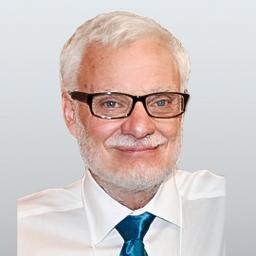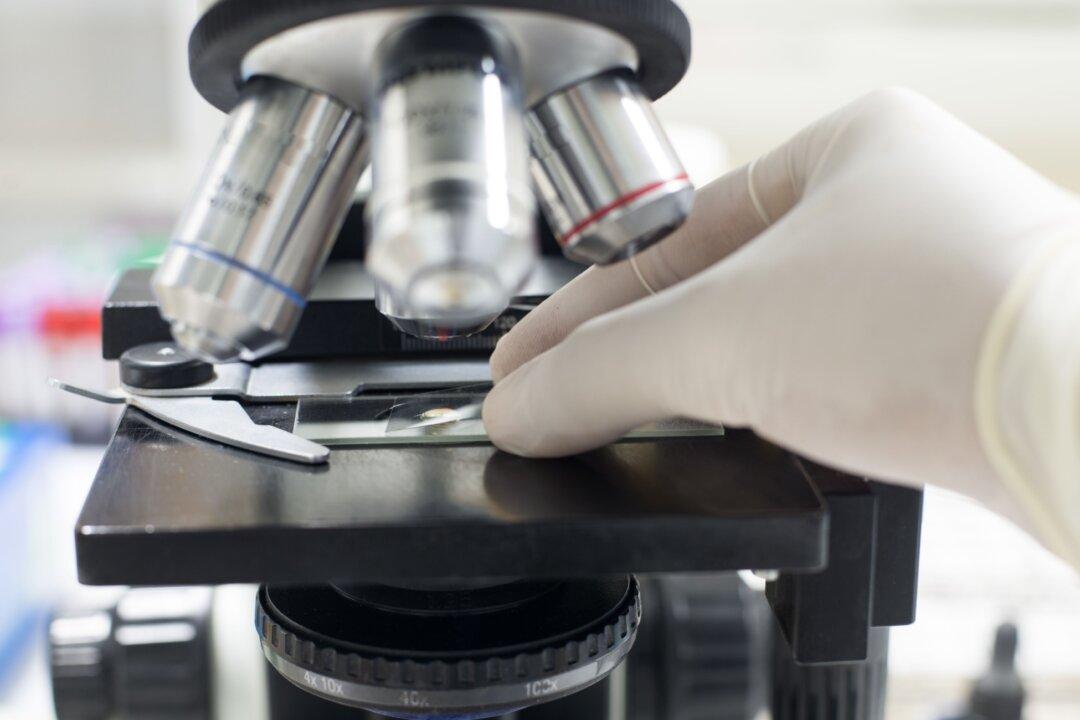Commentary
Up until now, the University of British Columbia has been a first-rate research and teaching university, not only by Canadian standards but by international standards. Now, UBC’s president, Dr. Santa Ono, says he plans to establish new priorities for the university.





